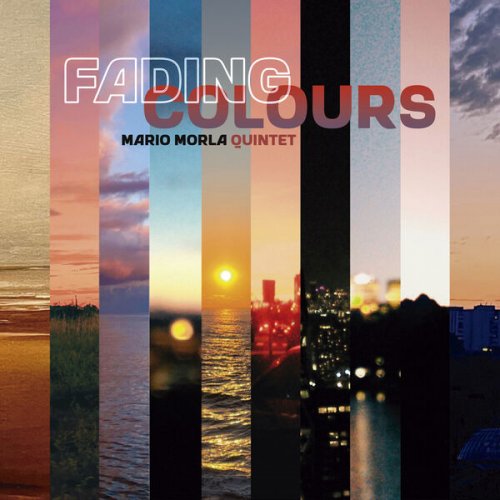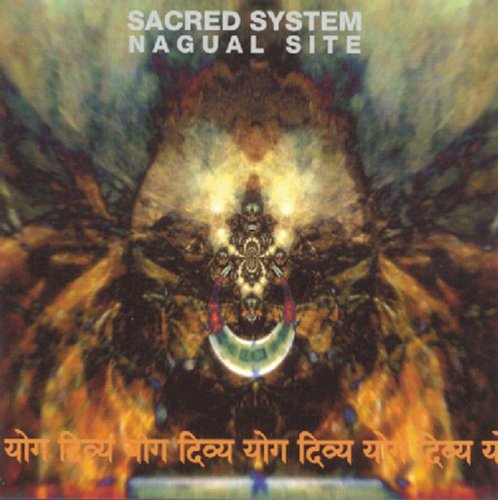Pablo Casals - Quadromania: Pablo Casals, Cello Masterworks (1929-1939) (4CD) (2004)
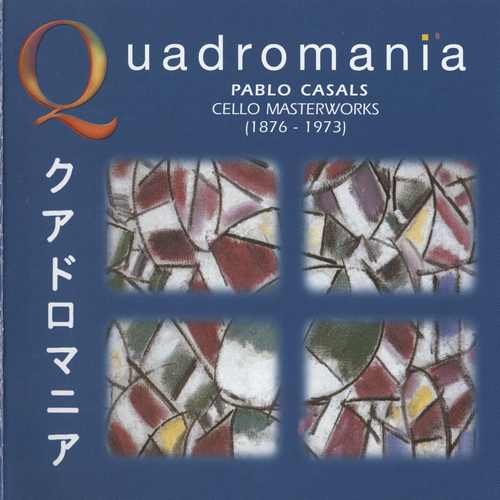
Artist: Pablo Casals
Title: Quadromania: Pablo Casals, Cello Masterworks (1929-1939)
Year Of Release: 2004
Label: Documents
Genre: Classical
Quality: FLAC (image+.cue,log,scans)
Total Time: 03:52:07
Total Size: 808 Mb
WebSite: Album Preview
Tracklist: Title: Quadromania: Pablo Casals, Cello Masterworks (1929-1939)
Year Of Release: 2004
Label: Documents
Genre: Classical
Quality: FLAC (image+.cue,log,scans)
Total Time: 03:52:07
Total Size: 808 Mb
WebSite: Album Preview
CD 1:
J. S. Bach
01-06. Suite for violoncello solo No. 3 in C major. BWV 1009
07-12. Suite for violoncello solo No. 5 in C minor. BWV 1011
Pablo Casals, cello
CD 2:
L. van Beethoven
01-04. Piano trio in B flat major. Op. 97 "Archduke"
F. Mendelssohn-Bartholdy
05-08. Piano trio No. 1 in D minor. Op. 49
Pablo Casals, cello
Alfred Cortot, piano
Jacques Thibaud, violin
CD 3:
L. van Beethoven
01-02. Cello sonata No. 1 in F major. Op. 5 No. 1
03-04. Cello sonata No. 4 in C major. Op. 102 No. 1
05-07. Cello sonata No. 5 in D major. Op. 102 No. 2
Pablo Casals, Cello
Mieczyslaw Horszowski, piano
CD 4:
J. Brahms
01-03. Double concerto for violin and violoncello in A minor. Op. 102
Pablo Casals, cello
Jacques Thibaud, violin
Orquestra Pau Casals, Barcelona; Alfred Cortot, conductor
A. Dvorak
04-06. Cello concerto in B minor. Op. 104
Pablo Casals, cello
Czech Philharmonic; George Szell, conductor
Casals studied at the Barcelona Municipal Music School, where he showed early technical ability in unusual bowing and fingering experiments. He later studied at the Madrid Conservatory with Bretón. Casals started his international career with a concert for Queen Victoria in 1899. His goal as a musician was to achieve truth and beauty in his art. He played with simple, complete control and was known for his beautiful tone and intellectual interpretations. In addition to touring widely, Casals founded the Ecole Normale in Paris and also the Orquesta Pau Casals in Barcelona, which he also conducted. The outbreak of civil war in Spain precipitated a threat of execution from the Franco regime and Casals's involvement in political concerns. During WWII, he gave many concerts to benefit the Red Cross and his fellow Catalan exiles. As a form of protest, he was never heard in Hitler's Germany or Mussolini's Italy. He began a self-imposed exile from performing in 1946 in renunciation of the Franco regime. He broke his silence in 1950, but he continued to work for peace through his music. Casals was an inspired teacher and also composed many pieces, most of which remain unpublished. ~ Lynn Vought
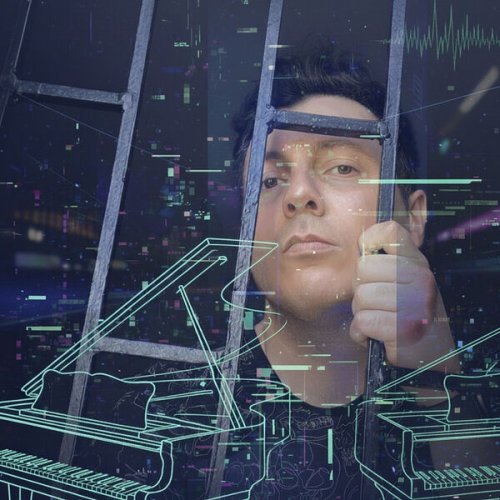

![Mattam Mejia - Introspeccion Capital (2026) [Hi-Res] Mattam Mejia - Introspeccion Capital (2026) [Hi-Res]](https://www.dibpic.com/uploads/posts/2026-01/1768632748_cover.jpg)
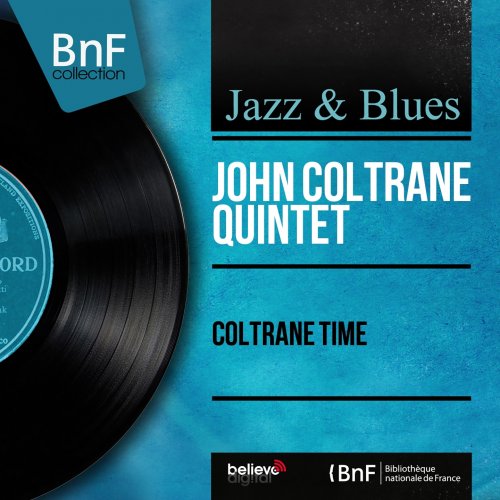
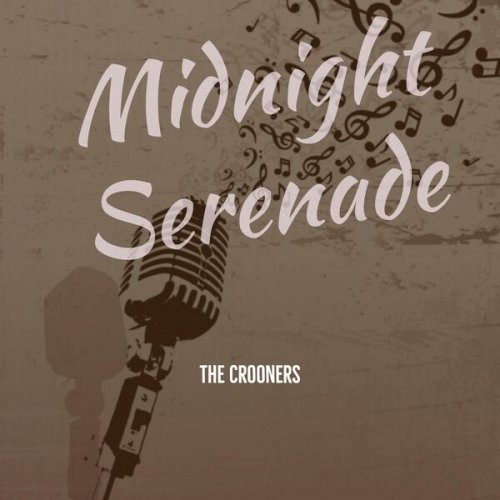
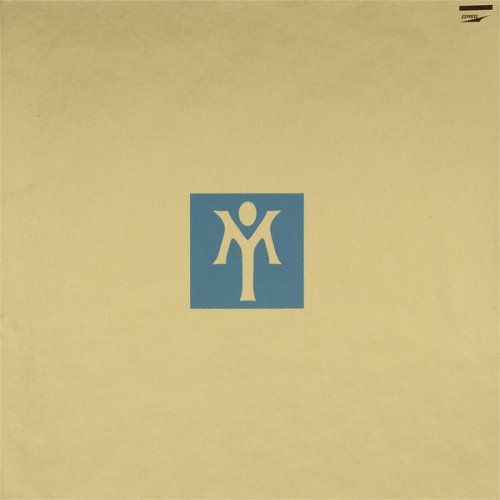
![Vicente Garcia - Tala (2026) [Hi-Res] Vicente Garcia - Tala (2026) [Hi-Res]](https://www.dibpic.com/uploads/posts/2026-01/1768883661_cover.jpg)
